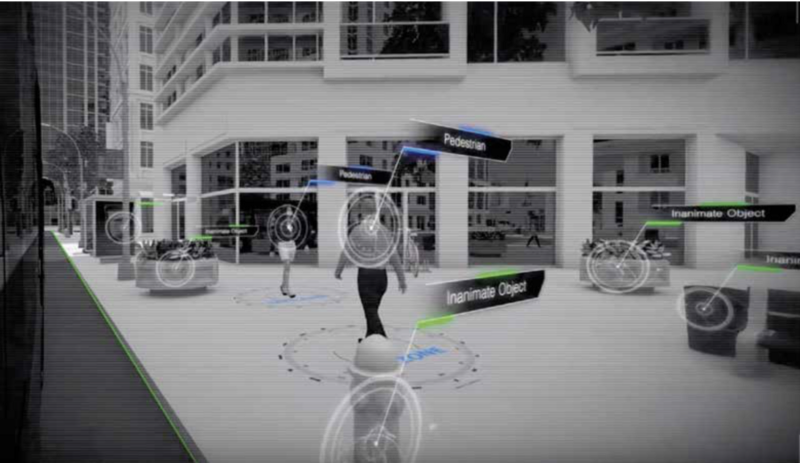The Israel Smart Mobility Living Lab (ISMLL), a new non-profit organization, is building a shared data initiative to help smart cities create technology for public good. ISMLL has partnered with the Massachusetts Institute of Technology (MIT) to establish the Smart Mobility Data Trust, a concept first developed by Professor Alexander “Sandy” Pentland, which aims to provide a new universally-accessible model for global data sharing and provide open source solutions that are free for the taking.
“Our main goal is to change the way smart cities innovate in Israel and all around the world by providing the right platform for sharing data and
promoting collaboration between the private and public sectors,” says ISMLL founder Smadar Itskovich, who recently made the “40 over 40” list of Israeli tech entrepreneurs published by tech blog Geektime. “We are trying to understand what are the challenges and what kind of collaborations are needed to create new products for the public good. Only by thinking together can we come up with game-changing solutions.”
A group of international and Israeli technology companies including Microsoft and startups Argus Cyber Security, Waycare, Foresight, Mobi (MobilityOpen Blockchain Initiative), NoTraffic, Gett Israel, Cognata, IPgallery, and Simplex Mapping, have already agreed to join. ISMLL’s first initiative is focusing on ways to reduce traffic accidents and fatalities. “One of our major concerns is smart city safety issues,” she says. “The technologies already exist but they are not dedicated to the goals of public safety. OurNGO is trying to use the concept of a collaborative platform and smart mobility data to achieve goals regarding public safety and obtain new insights for the public good.”
Itskovich previously was in charge of innovation in the Israeli southern city of Ashdod. Under her direction the city and bus company Afikim teamed up with Mobileye, an Israeli startup acquired by Intel that develops vision-based advanced driver-assistance systems providing warnings for collision prevention and mitigation; Ituran, a provider of location-based services; and Simplex Mapping, a 3D mapping company. The technologies were deployed in an integrated manner to help the city reduce accidents involving public transportation.
Advanced sensors were installed on the public buses and, with the help of 3D heat maps, helped public officials identify high-risk areas and what kind of dangers they present for drivers and bikers. “We could see in real time — visually very, very clearly — what kind of obstacles and what kind of risk areas there are, helping the city to take decisions on what it should be doing in order to prevent such risks in the future. This is how we use technology in order to improve the lives of residents.”
ISMLL is currently working on several different technology solutions to reduce risks, such as one that could automatically turn traffic lights green for ambulances to help them get to hospitals quicker and prevent accidents that happen when they speed through red lights.
“When you take software, AI and IoT (Internet of Things) and fuse them together you can really create something extraordinary for the public good,” she says. “All this technology exists but we still suffer from congestion, from accessibility, from air pollution and the problems are getting worse and worse in Israel and other regions in the world. All the data and tech are in the hands of private companies so if a city wants to be smart we have to cooperate together.”
Itskovich says she is in discussions with cities in France and Germany about the launch of other collaborative projects on the platform.
“Every city wants to adopt technologies to become more efficient and improve the life of people in areas such as safety and health,” she says. “Normally if a city wants to do a use case it has to publish a tender and negotiate with five or 10 different companies. The process can take years. We are an NGO that is giving them a platform with many stakeholders that they can leverage for the public good, and they can do it tomorrow morning without bureaucratic barriers.”







